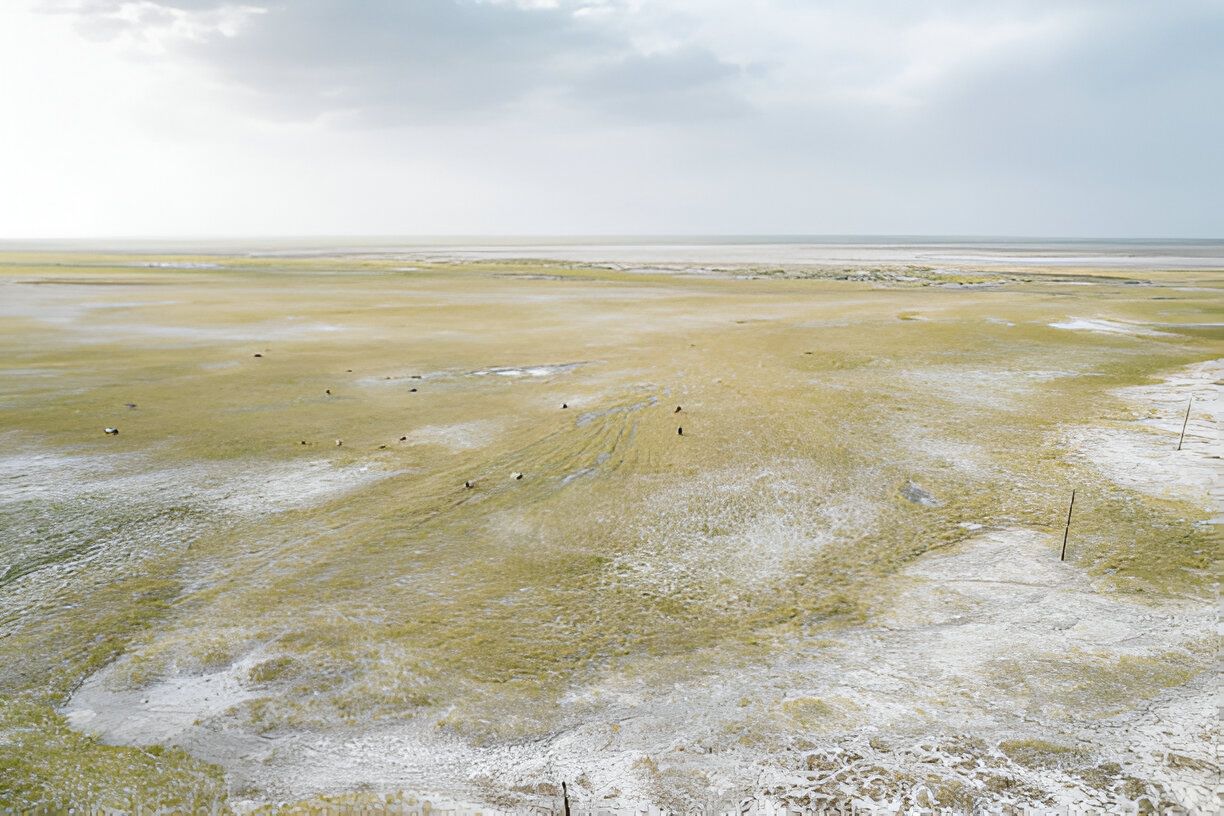Understanding Saline Water Irrigation
Saline water irrigation refers to the process of using water that contains high levels of salts for watering crops. High salinity in irrigation water can have detrimental effects on plant growth and soil quality. When plants are irrigated with saline water, the excess salts can accumulate in the soil, leading to soil degradation and reduced crop yields. Additionally, salt stress can directly impact plant health by inhibiting nutrient uptake and causing physiological disorders.
Benefits of Sprinkler Irrigation in Saline Water Irrigation
-
Uniform Water Distribution: Sprinkler irrigation systems are designed to deliver water uniformly across the field. This is particularly beneficial in saline water irrigation as it helps in leaching excess salts from the root zone and prevents salt buildup in specific areas of the field.
-
Reduced Soil Salinity: The even distribution of water by sprinklers facilitates the leaching of salts below the root zone, reducing the overall soil salinity levels. This can help in maintaining soil fertility and promoting healthy plant growth.
-
Minimized Leaf Contact with Saline Water: Unlike other irrigation methods such as surface irrigation, sprinklers deliver water directly to the root zone without wetting the plant foliage. This reduces the contact of salt-laden water with the leaves, minimizing salt accumulation on the plant surface.
-
Flexibility in Scheduling: Sprinkler irrigation allows for flexibility in irrigation scheduling, enabling farmers to water their crops at optimal times to avoid peak salinity levels in the soil. This adaptability can help in managing salt stress more effectively.
-
Energy Efficiency: Sprinkler systems can be designed to operate with high energy efficiency, reducing water wastage and energy costs associated with pumping saline water for irrigation.
Implementing Sprinkler Irrigation in Saline Water Irrigation
-
Water Quality Testing: Before implementing sprinkler irrigation with saline water, it is crucial to test the water quality to determine the salt concentration levels. This will help in adjusting the irrigation schedule and practices accordingly.
-
Proper System Design: Designing an efficient sprinkler irrigation system is essential for effective water distribution. Consider factors such as crop type, soil characteristics, and topography when designing the system to ensure uniform water application.
-
Leaching Requirement: Calculate the leaching requirement based on the soil type and salinity levels to determine the amount of water needed to flush out excess salts from the root zone. Adjust the irrigation schedule to meet the leaching requirements of the crops.
-
Monitor Soil Salinity: Regularly monitor the soil salinity levels using soil testing kits to track the effectiveness of sprinkler irrigation in reducing salt accumulation. Adjust the irrigation practices as needed based on the soil salinity measurements.
-
Maintenance and Calibration: Proper maintenance of sprinkler equipment is crucial to ensure uniform water distribution. Regularly inspect and calibrate the sprinklers to prevent clogging and ensure optimal performance.
-
Crop Selection: Choose salt-tolerant crops for cultivation in saline water-irrigated fields to minimize the impact of salt stress on plant growth. Selecting suitable crop varieties can help in achieving better yields despite the challenging irrigation conditions.
Conclusion
In conclusion, sprinkler irrigation offers several benefits in saline water irrigation by promoting uniform water distribution, reducing soil salinity, and minimizing salt stress on plants. By implementing proper irrigation practices and system design, farmers can effectively manage saline water irrigation and mitigate the negative effects of high salinity on crop production. It is essential to understand the specific requirements of crops and soil in saline water-irrigated fields to optimize the use of sprinkler irrigation techniques. With careful planning and monitoring, sprinkler irrigation can be a sustainable and efficient solution for agriculture in saline water-affected regions.

